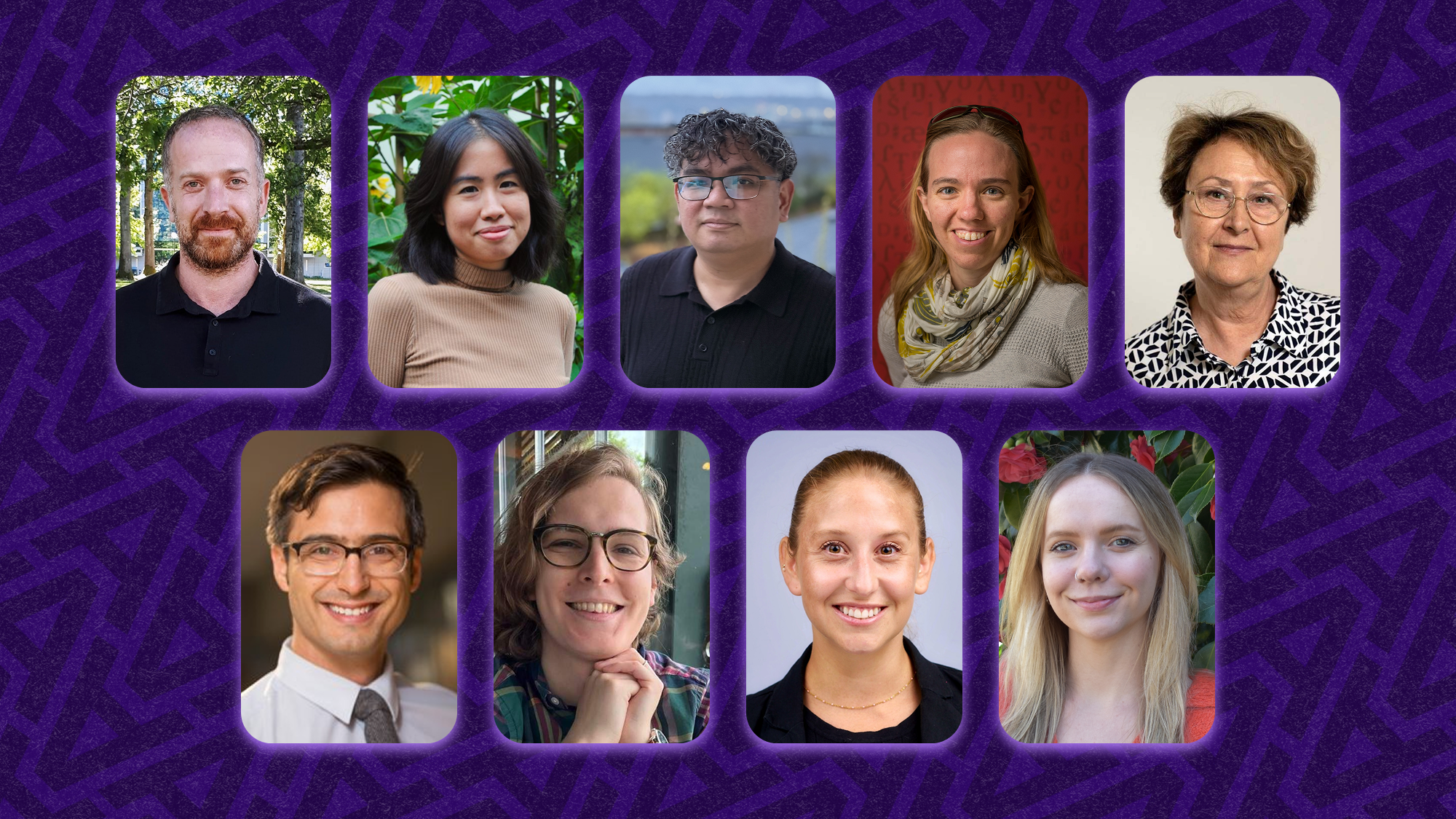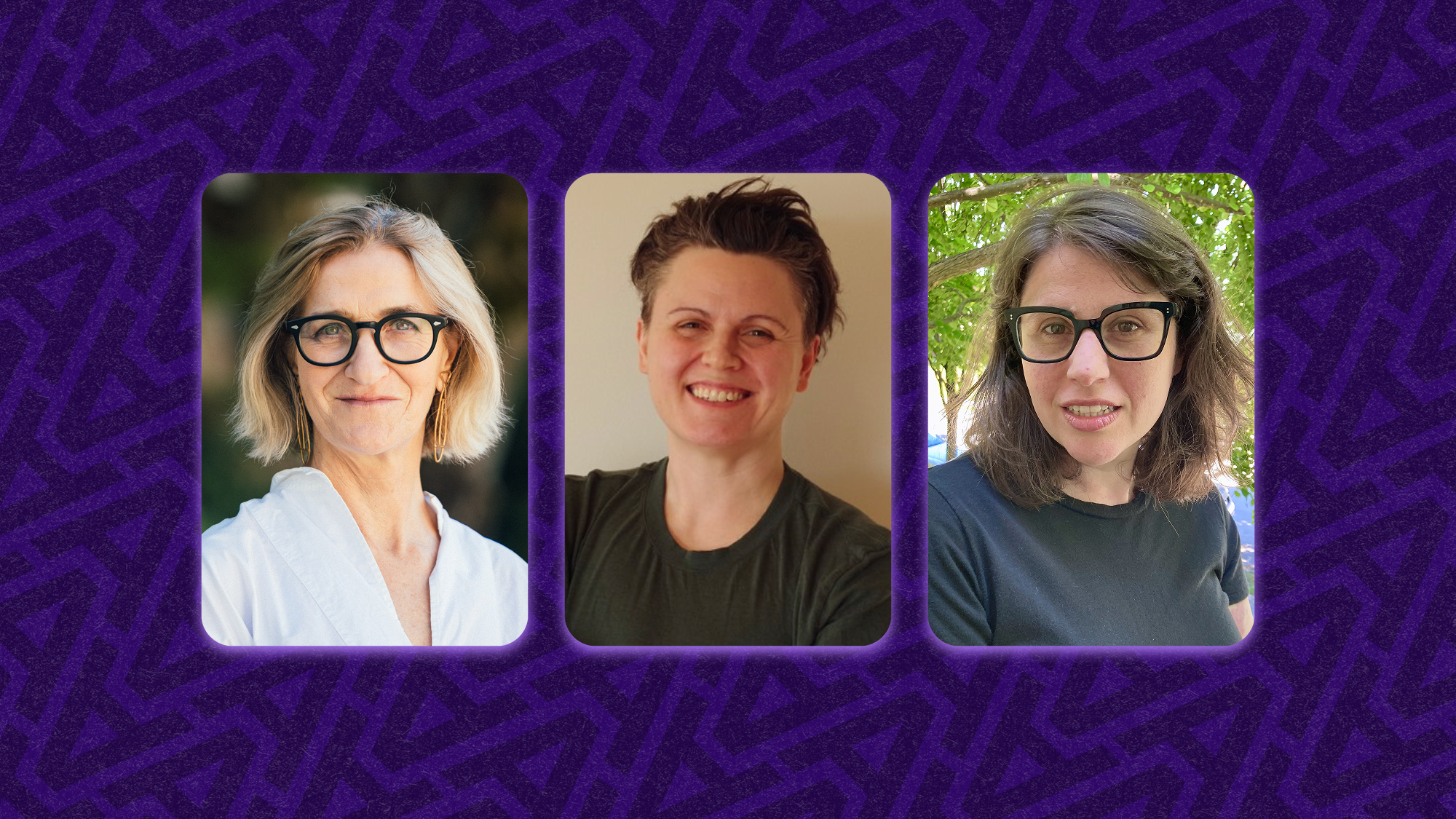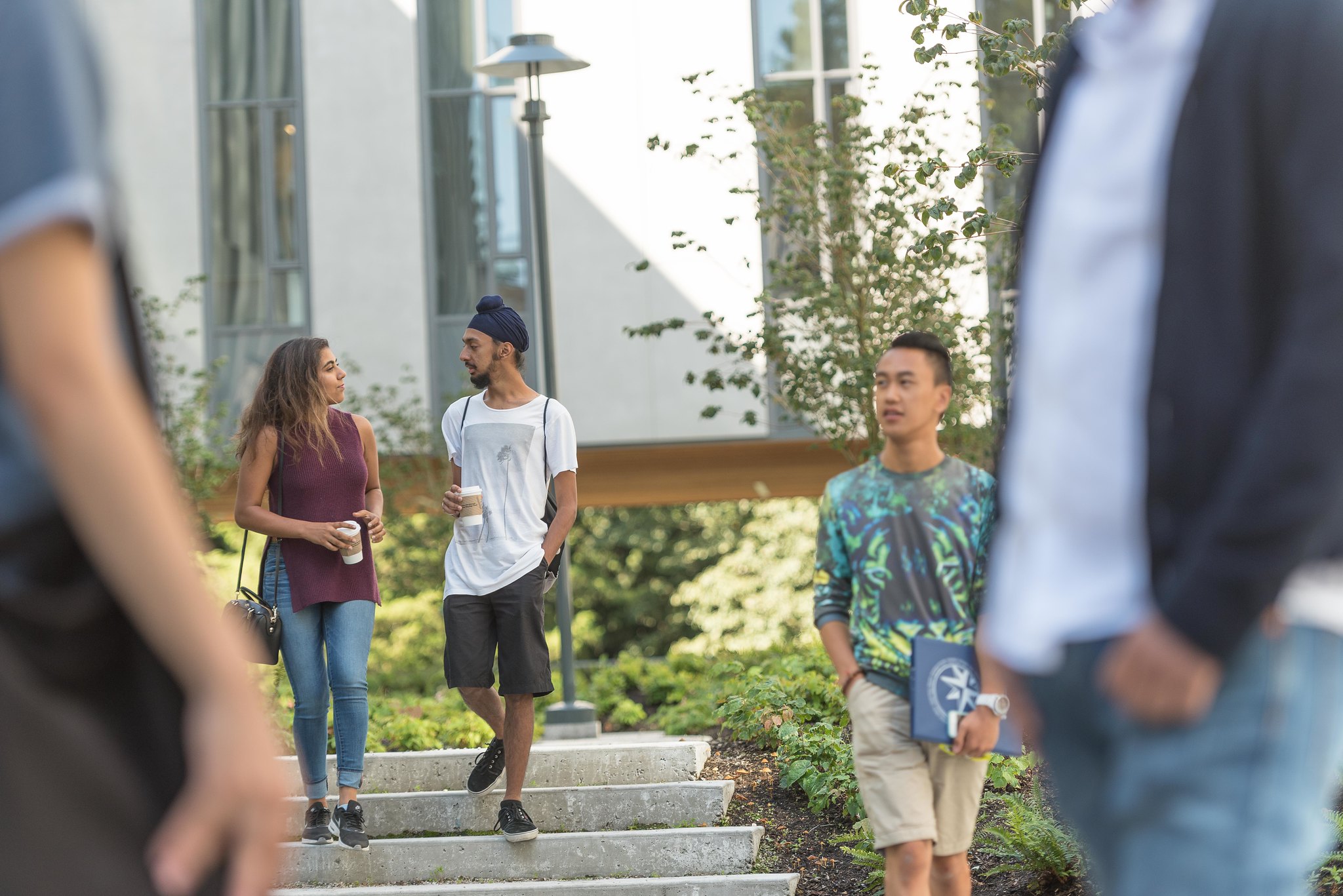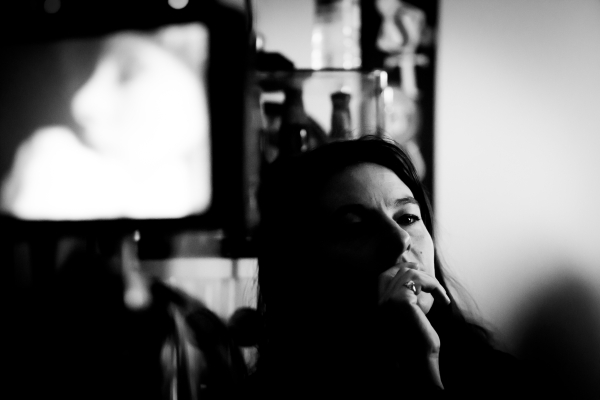

Shannon Walsh is a filmmaker and interdisciplinary theorist who recently joined UBC as an Assistant Professor in the department of Theatre and Film. Passionate about social justice issues, Walsh’s films have explored housing struggles in South Africa, Indigenous resistance to the Alberta oil sands and the Umbrella Movement in Hong Kong. Her first book, The Ties that Bind: Race and the Politics of Friendship in South Africa, co-edited with Jon Soske, will be released this fall.
We spoke to Dr. Walsh about what topics spark her interest as a filmmaker, what she looks forward to exploring with her students, and why she believes paying attention to the world around us is our best source of inspiration and education.
Can you tell us a bit about your background and how you become a filmmaker?
I started making my first films when I was in high school in London, Ontario. I went to a tech school that still had autobody and welding alongside academics, and they also had an art school. We were exposed to an amazing range of arts practices, from life drawing, to ceramics, fibers, printmaking, lithography, painting, photography and filmmaking. I made my first video there, but found it frustrating to work with all the chaos of the real world when making fiction. Instead I followed my passion for photography, and moved to Montreal where I studied darkroom and 4×5 large format photography at Concordia in Montreal. At Concordia I was quickly immersed again into filmmaking, and started working on crews, writing and editing other students’ 16mm films on the flatbed editor as well as making my own work. I’ve never been able to get away from the itch of filmmaking.
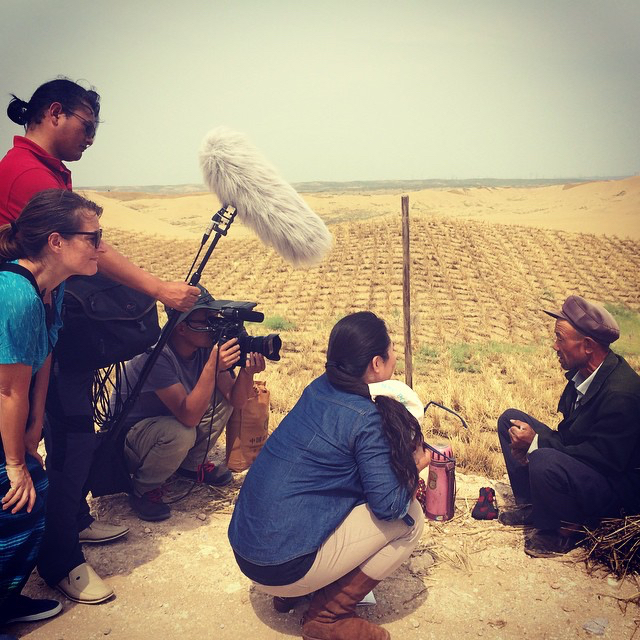

My work really rises out of things that pull and stretch my curiously. That takes many different forms. I am often really passionate about social justice issues in my documentary work, but I’m also interested in how to tell stories the cut to the heart of our human struggles that aren’t necessarily didactic. I enjoy telling stories that follow strong characters, but I’m also drawn to films that push our intellect and our imagination. I have made work about housing struggles in South Africa, the Alberta oil sands and indigenous resistance, gentrification and living cinematic histories in Montreal, the Umbrella Movement in Hong Kong, and the pulsing life and hidden stories of a neighbourhood in Johannesburg.
Can you tell us about your upcoming documentary film and fiction feature?
I’m currently in production on a feature documentary called Illusions of Control that traces stories of resilience within our damaged landscapes. The project explores what it means to cohabit a planet irreversibly changed by human activity. I film people fighting desertification in China, Cambodian forgers building new ecosystems and economies on human-disturbed forests in the Pacific Northwest, and Japanese residents creating new ways of living on the wastelands of Fukushima. I have also interviewed some incredible thinkers, including Bruno Latour and Laruen Berlant.
My fiction film is a more personal project, set in my hometown of London, Ontario. It focuses on the fractured and complex friendship between two teen girls: one, a hip-hop dancer trapped in a Jehovah’s Witness community and trying to conceal her double life, and her best friend, a stray kid pulling her in all kinds of new directions. When the girls accidentally witness a hit and run that kills a child, the secrets it reveals rock both their lives, and their friendship.
What will you be teaching at UBC and what questions and practices do you look forward to exploring with your students?
I’m primarily teaching Film Production courses this year. I teach Documentary Development and Production (FIPR 436), Film and Media 1 (FIPR 233) and The History of Film Production (FIPR101). I’m excited to share a whole range of knowledge and practices with the students, always grounded in my core ideas of confronting fear, failure, and truth. In all my courses I will be exposing students to film production and history that contains many voices, from all over the world, including Indigenous, African and Asian cinemas. Underlining all my work is a constant reminder that the world is our best source of inspiration and education and we must be present, look around, and learn!
What advice can you share with students who are thinking about studying documentary film production?
There is no greater privilege that being able to quietly turn our eyes and attention to the ever fascinating world around us. To stop and look, listen and create. Non-fiction filmmaking is about looking the world straight in the eye, and not blinking. The places it can take you, the doors it can open, the worlds it can unravel, are truly astounding.
